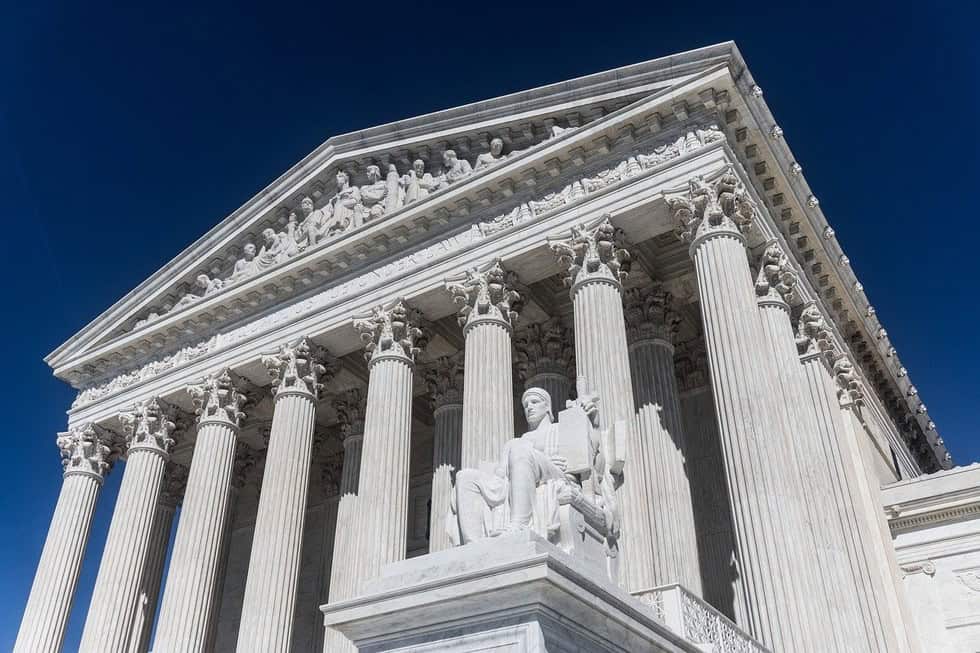The United States Supreme Court issued a pair of rulings on July 8 that will impact employees of religious schools and those whose employer objects to birth control on religious grounds.
In one ruling, the Court determined that federal employment discrimination laws do not apply to teachers whose duties include instruction in religion at schools run by churches. In the cases of Our Lady of Guadalupe School v. Morrissey-Berru and St. James School v. Darryl Biel, the vote was 7 to 2, with Justices Ruth Bader Ginsburg and Sonia Sotomayor in dissent.
In the Biel case, Kristen Biel sued under the Americans With Disabilities Act when her contract was not renewed after she was diagnosed with breast cancer. In the other case, Agnes Morrissey-Berru, sued for age discrimination after her contract was not renewed.
The schools argued that the teachers were covered by a “ministerial exception” to employment discrimination laws established by the Supreme Court. In 2012, the High Court unanimously ruled a ministerial exception was needed to ensure that churches and other religious groups were free to choose and dismiss employees who perform religious work without government interference.
In another 7-2 ruling with Justices Ginsburg and Sotomayor again in dissent, the court upheld a Trump administration regulation that allows employers with religious or moral objections to opt out of paying for birth control coverage under the Affordable Care Act, often referred to as Obamacare.
When President Barack Obama signed the Affordable Care Act into law in 2010 it included a section that required coverage of preventive health services and screenings for women. The following year, the Obama administration required employers and insurers to provide women with coverage at no cost for all FDA-approved methods of contraception.
Houses of worship were exempt from the requirement, but nonprofit groups like schools and hospitals affiliated with religious organizations were not. In Little Sisters of the Poor v. Pennsylvania, the Court sided with the Trump administration, saying that requiring contraception coverage can impose a “substantial burden” on the free exercise of religion.
The states of Pennsylvania and New Jersey challenged the rules, saying they would have to pick up much of the cost of providing contraceptives to women who lost coverage under the Trump administration’s rules.
If you teach religion at a school, you should be aware of the first ruling. If you work for an employer who objects to birth control on moral or religious reasons you need to be aware that under these new rulings you might have to bear the cost.


